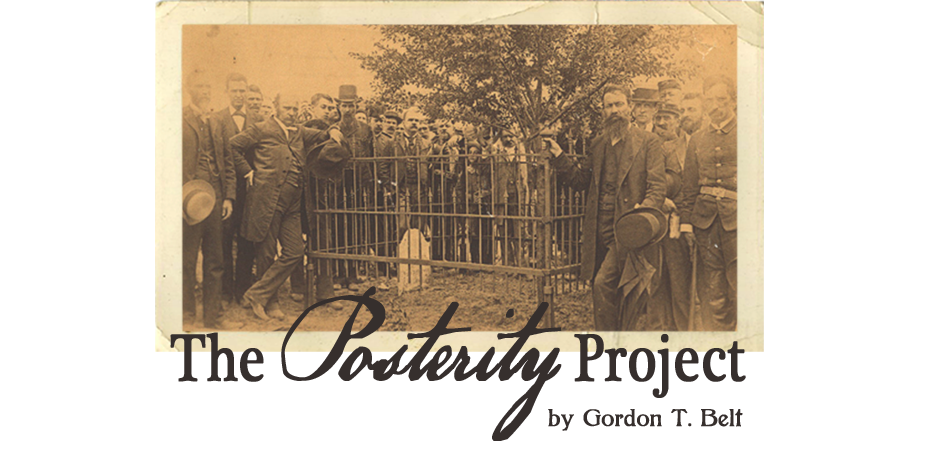Filling Walter Durham's shoes will be a daunting task, but it is one task that I believe the next State Historian can handle. I am thrilled to share the news that Dr. Carroll Van West was recently appointed to the post of Tennessee State Historian. Here's an excerpt of the press release issued by the Governor's Office:
Tennessee Gov. Bill Haslam today announced the appointment of Dr. Carroll Van West as state historian.
West replaces the late Walter T. Durham, who served 11 years in the honorary position.
"Dr. West's faithful service to his field for many years reflects a commitment to excellence that will serve the citizens of Tennessee very well," Haslam said. "His incredible body of work speaks for itself, and we are fortunate and grateful to have him as our state historian."
West has served as director at the Center for Historic Preservation at Middle Tennessee State University (MTSU) and the Tennessee Civil War National Heritage Area since 2002.
He has taught as a professor in the MTSU history department since 1985. He currently serves as a co-chair of the Tennessee Civil War Sesquicentennial Commission and as a Tennessee representative on the National Board of Advisors of National Trust for Historic Preservation. West also sits on the Executive Board of Lewis and Clark Trust, Inc. and on the Advisory Board of Teaching with Primary Sources, Library of Congress.
On a personal note, Dr. West served as thesis advisor for both me and my wife while we studied Public History at Middle Tennessee State University, and he was very instrumental in guiding Traci's work on Onward Southern Soldiers: Religion and the Army of Tennessee in the Civil War. We have continued to maintain contact with Dr. West since that time. In fact, Traci will have the honor of appearing on a panel discussion at the upcoming Tennessee Civil War Sesquicentennial Signature Event in Chattanooga this October, moderated by Dr. West. Naturally, we are both very excited to learn of his appointment to the post of Tennessee State Historian.
 |
| Last year, Traci and I joined Dr. Carroll Van West for a lecture and book signing for Onward Southern Soldiers at the Heritage Center of Murfreesboro and Rutherford County. Author photo. |
Beyond my own personal excitement about this nomination, I believe Dr. West's appointment signals that officials in state government are keenly aware of the importance of the office of State Historian and its connections to the civic and economic well-being of Tennessee. The growth of heritage tourism in our state is due in no small measure to Dr. West's efforts, and his experience as an academic historian, instructor of public history, and passionate advocate of state and local history throughout Tennessee makes him an ideal candidate for this position.
I believe that Dr. West will serve the citizens of Tennessee with distinction in this new role, and I can think of no other person more deserving of this honor.
Gordon Belt is the Director of Public Services for the Tennessee State Library & Archives, and past president of the Society of Tennessee Archivists. On The Posterity Project, Gordon blogs about archives, local history, genealogy, and social media advocacy for archives and cultural heritage organizations. His forthcoming book, John Sevier: Tennessee's First Hero, examines the life of Tennessee's first governor, John Sevier, through the lens of history and memory.



